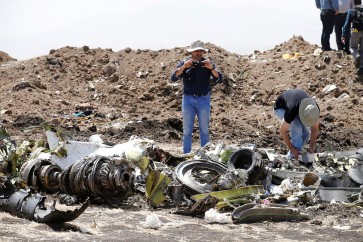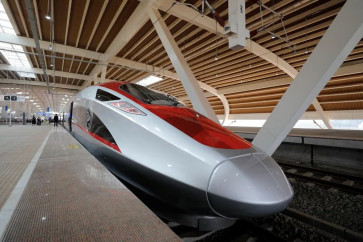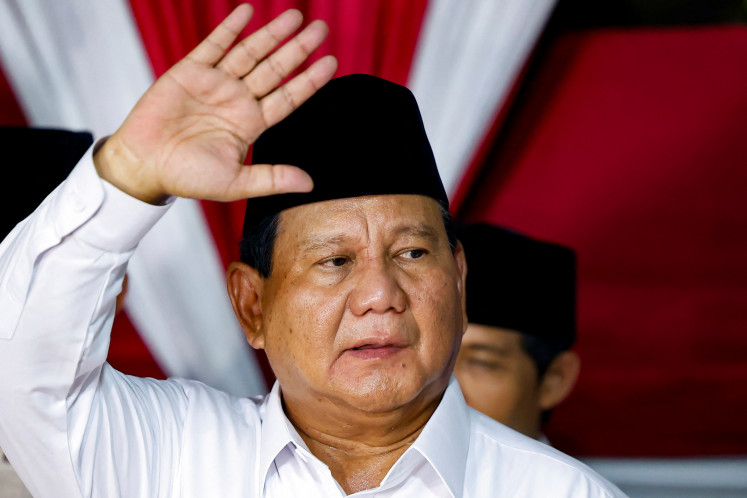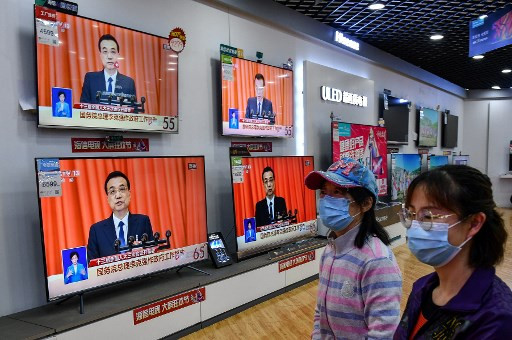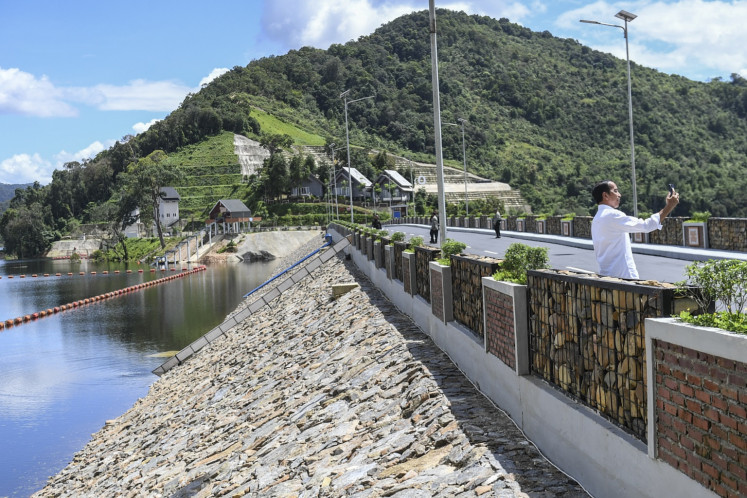RI prepares regulation to make way for electric cars
More electric cars are expected to hit Indonesian streets in the near future as the government is preparing a regulatory framework that aims to boost customers’ appetite for the eco-friendly technology
Change Size

M
ore electric cars are expected to hit Indonesian streets in the near future as the government is preparing a regulatory framework that aims to boost customers’ appetite for the eco-friendly technology.
Following his visit to China in early June to attend the Eighth Clean Energy Ministerial (CEM8) event, Energy and Mineral Resources Minister Ignasius Jonan sent a letter to President Joko “Jokowi” Widodo, stating the former’s intention to boost the use of electric cars in the country, a move that was inspired by the rapid development of such vehicles in China.
The use of electric cars would also help reduce Indonesia’s consumption of fossil fuel in the long run.
In response to the letter, Jokowi, has instructed a team comprising representatives from the Finance Ministry, the Industry Ministry, and the Energy and Mineral Resources Ministry to draft a Presidential Regulation (Perpres) to support the idea.
“The government can provide various support [through this new regulation], including in terms of taxation,” Jonan told reporters on Wednesday, adding that the regulation was expected to be issued later this year.
He said it was currently difficult to see electric cars — like those produced by American electric carmaker Tesla — in Indonesia, as existing fiscal and taxation policies would inflate the price of such products to around Rp 2 billion (US$150,263) per unit. As a result, he added, no one would be interested in buying one.
“If the government did not impose an import duty and an import tax on electric cars, I think they could immediately compete with conventional cars,” Jonan said.
Starting in early June, Prestige Image Motorcars, the sole distributor of Tesla Motors in Indonesia, began exhibiting Tesla cars at its showroom in Pluit, North Jakarta, with price tags starting from $200,000.
Each Tesla car is equipped with a battery that supports up to 350 kilometers of travel.
The Energy and Mineral Resources Ministry plans to instruct state electricity firm PLN to establish a small battery shop in each of the 6,000 existing gas stations across the country.
The ministry proposed the idea that electric car owners could exchange their empty batteries with a fully recharged one for a fee. Hence, he said, customers would not have to wait too long charging their cars at a dedicated charging station.
“So, in the future, PLN will not only serve static customers, like the ones from households, factories and businesses, but also moving or dynamic customers, which will come from the transportation sector,” Jonan said.
Jonan added that he was optimistic the plan would materialize, citing mounting global demand for greener vehicles to reduce carbon emissions.
His ministry has set a target to reduce carbon emissions by 33.6 million tons throughout 2017, a 15 percent increase compared to last year.
Djongkie Sugiharto, director of the Association of Indonesian Automotive Manufacturers (Gaikindo), previously said that electric cars would garner their own fans in Indonesia.
However, he said, luxury cars belonged to a specific and limited market that did not show significant growth.
Gaikindo data shows that domestic car sales reached 533,903 units in the first half of this year, up slightly compared to 532,127 units sold in the same period last year.
Under the leadership of former president Susilo Bambang Yudhoyono, then state-owned enterprises minister Dahlan Iskan repeatedly tried to boost production of electric cars, which he said could be a solution to problems triggered by increasing fuel prices.
However, Dahlan’s project went nowhere, especially after his role in a corruption case came to light related to the procurement of 16 electric cars used as passenger shuttles during the 2013 Asia-Pacific Economic Cooperation (APEC) in Bali.
In April, Dahlan was sentenced to two years in prison and ordered to pay Rp 100 million in fines.

